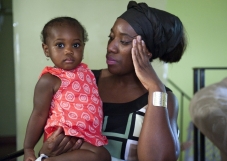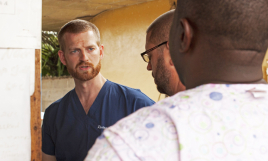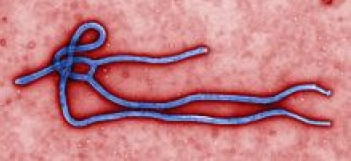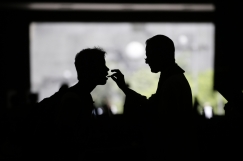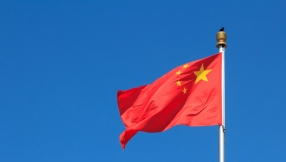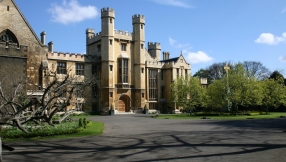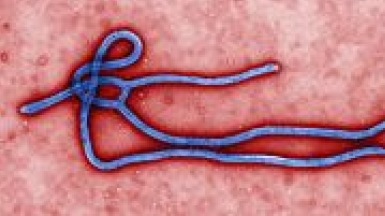
Traditional healers and witchdoctors in West Africa are contributing to the spread of Ebola, the Times reports.
According to the newspaper, a significant number of people are claiming to be able to heal the virus through witchcraft, and are encouraging locals to eschew Western medicine in favour of their own costly techniques.
Terrified at the looming threat, hundreds of people from Liberia, Sierra Leone and Guinea have therefore been handing over large sums of cash in return for spells, potions and advice from those claiming to have the antidote to the deathly disease, which has killed over 3,000 people this year.
The Times reports of a man in Nigeria going by the name of Dr Zack Balo, who says he can cure Ebola using animal parts – providing he is given payment of £200.
Others have cashed in on the epidemic by handing out suggestions including eating raw onions, using anointed water and bathing in salt water at certain times of day.
Cases of people flocking to see these so-called healers has resulted in the disease spreading further, as the witchdoctors themselves often contract Ebola, which is spread through contact with the bodily fluids of an infected person.
The director of the London School of Hygiene and Tropical Medicine last week warned that other traditional practices, such as touching and kissing the corpse during the funeral, is also contributing to the spread of the disease.
Peter Piot, who was among the first to identify Ebola in the 1970s when it broke out in the Democratic Republic of Congo, said that dead bodies are able to host the virus and transfer it to the living.
The World Health Organisation (WHO) has warned that fluids outside the body, which leak out of a corpse upon the failure of the immune system, remain highly contagious for at least three days after a victim has died.
Families therefore significantly increase their risk of contracting the disease by entertaining traditional funeral rites.
For this reason, WHO released a document encouraging those working in areas of infection to "Help the family understand why some practices cannot be done because they place the family or others at risk for exposure...Explain to the family that viewing the body is not possible."
The first Ebola victim in Sierra Leone was a faith healer, whose funeral resulted in over 350 more people contracting the virus after touching her dead body.










